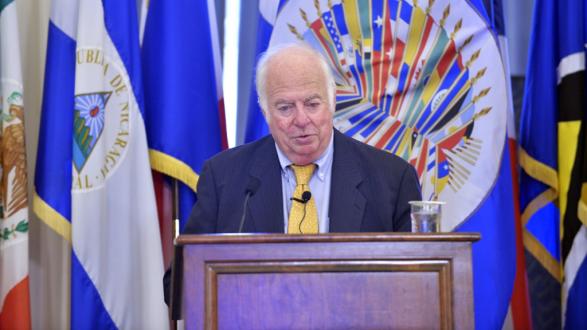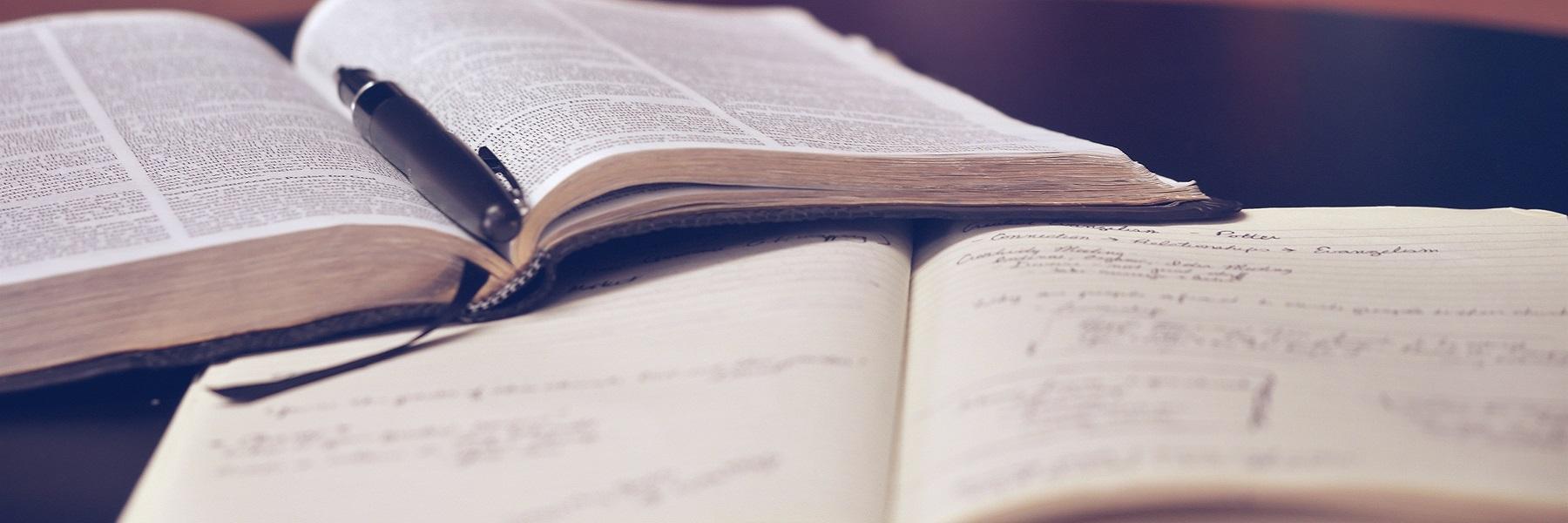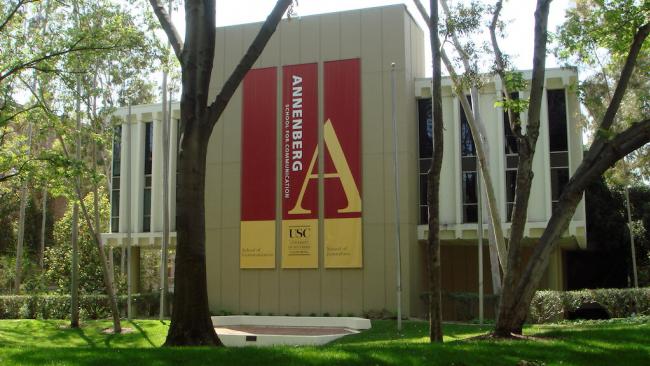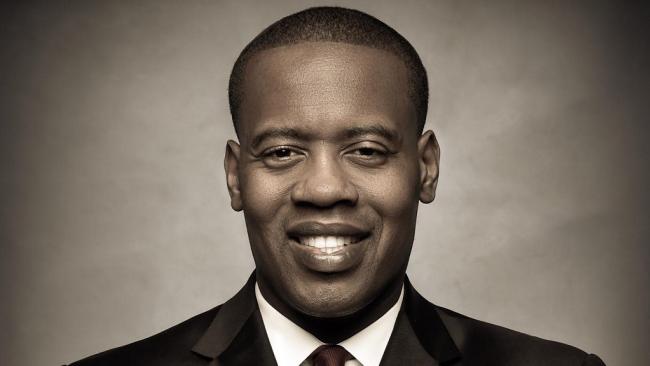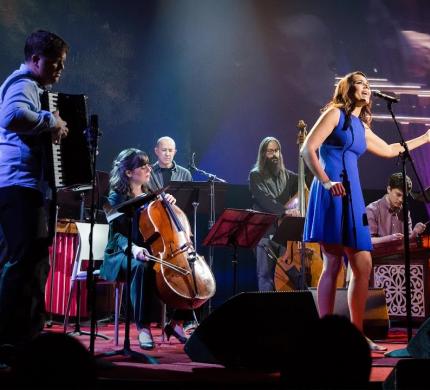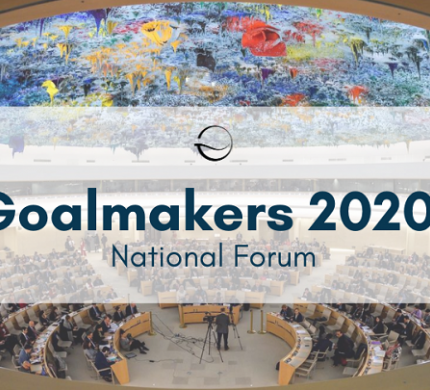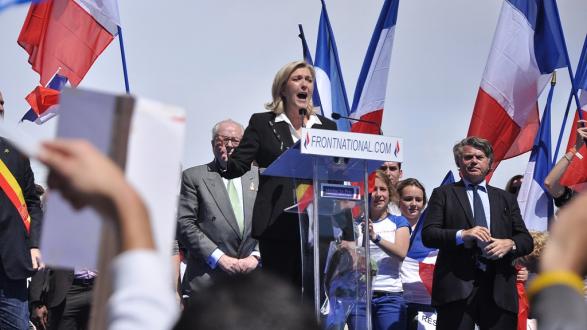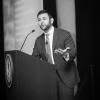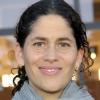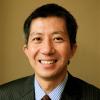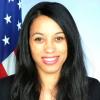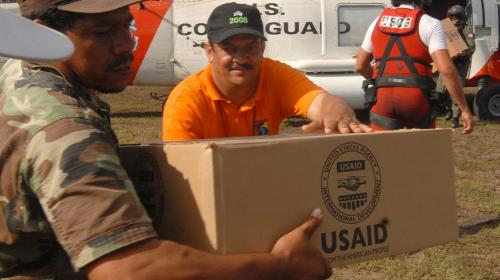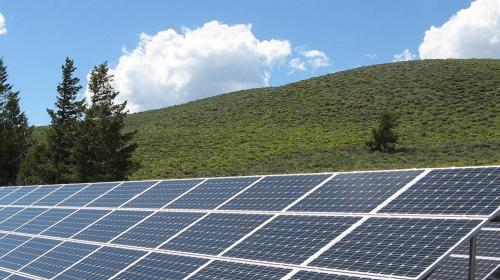Events & Activities
Join us on Monday, November 13 for Part 2 of our two-event opportunity with the Silkroad Ensemble! Enjoy an evening of music and discussion about the American Railroad, the communities of workers who built it, and the people who were displaced by it featuring Grammy Award-winning artist Rhiannon Giddens, New York Times bestselling author Lisa See, and performances by Silkroad Ensemble musicians.
Union Station
The Pacific Council is working with GlobalWA and partners across seven U.S. cities on Goalmakers 2020, a collaboration to find new strategies to achieve the 2030 Sustainable Development Goals (SDGs). Open to the public.
globalwa.org/2020-national-forum
A keynote performance by internationally performing concert pianist and Gilmore Young Artist Award winner Llewellyn Sanchez-Werner. From the San Francisco Chronicle: “a gifted virtuoso...brought out transparency and emotional intensity with tender aplomb. Finger-busting writing seemed not to daunt him in the slightest.”
Zoom Video Conference (login details provided day before or day of event)
Features
